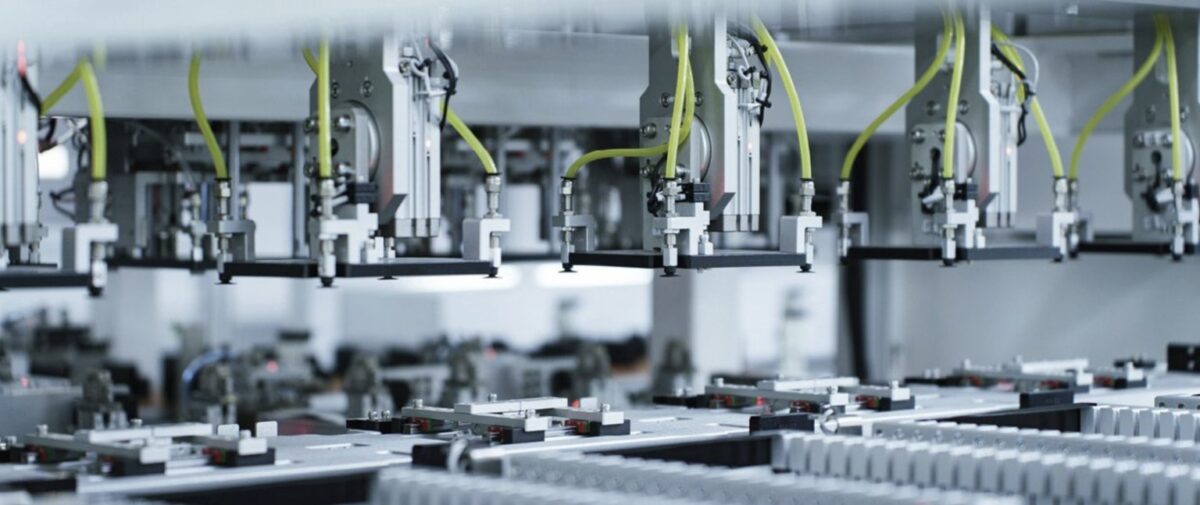From ESS News
The rapid decrease in lithium ion battery prices seen in previous years is likely to be slowed down in 2025 due to an uptick in battery material costs. These will in turn be partly offset by falling manufacturing costs propelled by economy of scale and efficiency gains, resulting in a flatter price trajectory.
According to Taipei-based intelligence provider TrendForce, the prolonged decline in the prices of Chinese electric vehicle (EV) and energy storage system (ESS) batteries already showed signs of easing in the fourth quarter of 2024.
Overall, the price drop for lithium-ion battery cells in 2024 was greater compared with that seen in battery metal prices, indicating that margins for battery manufacturers were being squeezed. Therefore, suppliers are expected to push for price increases to mitigate losses with global demand for EVs and energy storage expected to grow in 2025.
“This is anticipated to support the prices of key battery materials—such as [lithium iron phosphate] LFP, li-ion battery copper foil, and electrolytes—thereby stabilizing average battery cell prices in the first quarter of 2025,” TrendForce says.
Looking ahead to 2025, the Chinese EV market is expected to benefit from government policies such as vehicle trade-in incentives, driving an estimated 30% year-on-year increase in sales. This optimistic demand outlook is projected to stabilize battery material costs, with January prices for EV batteries expected to remain close to December levels, TrendForce says.
Meanwhile, entering the traditional off-season for energy storage in the first quarter of 2025, many battery makers are likely to reduce production. According to TrendForce, combined with relatively stable material costs, ESS battery prices in January are forecast to remain steady.
To continue, please visit our ESS News website.
This content is protected by copyright and may not be reused. If you want to cooperate with us and would like to reuse some of our content, please contact: editors@pv-magazine.com.









By submitting this form you agree to pv magazine using your data for the purposes of publishing your comment.
Your personal data will only be disclosed or otherwise transmitted to third parties for the purposes of spam filtering or if this is necessary for technical maintenance of the website. Any other transfer to third parties will not take place unless this is justified on the basis of applicable data protection regulations or if pv magazine is legally obliged to do so.
You may revoke this consent at any time with effect for the future, in which case your personal data will be deleted immediately. Otherwise, your data will be deleted if pv magazine has processed your request or the purpose of data storage is fulfilled.
Further information on data privacy can be found in our Data Protection Policy.